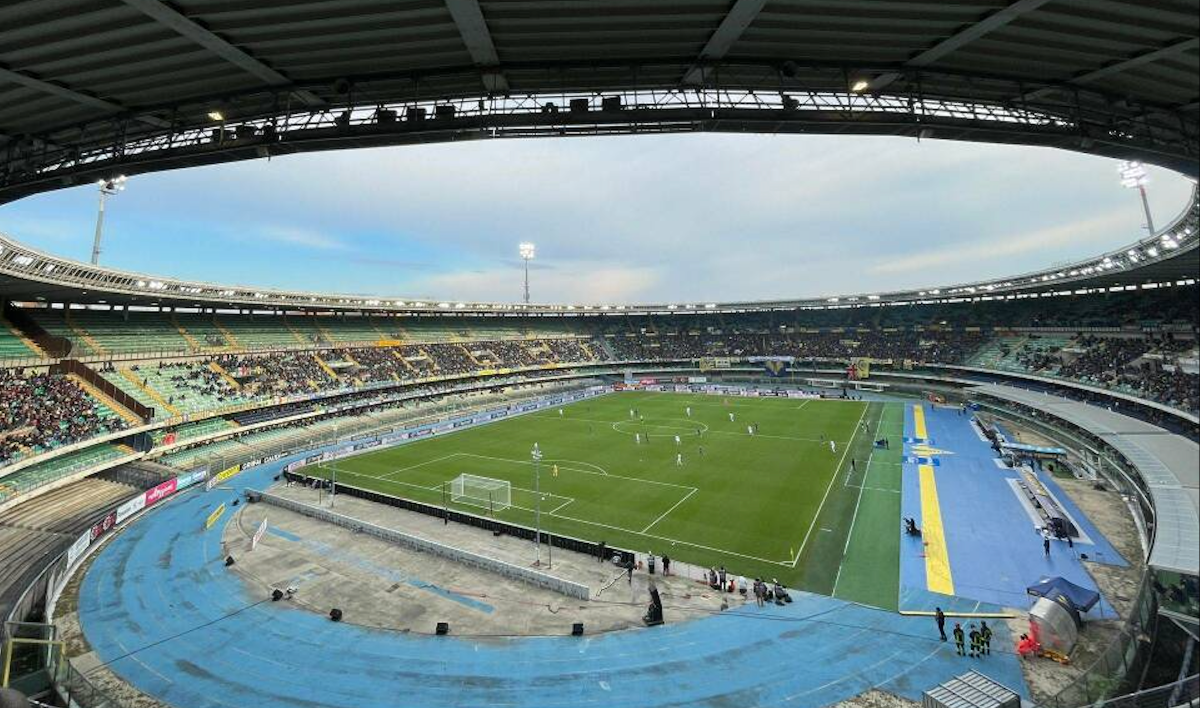The venerable Marc`Antonio Bentegodi Stadium, a landmark of Verona and a cornerstone for its footballing passion, finds itself at a critical juncture. Plans for its much-needed renovation or redevelopment have hit a significant roadblock, not of design or ambition, but of fundamental financial sustainability. As the city prepares for another high-stakes match, the focus extends beyond the pitch to the very structure that hosts these events.
The Mayor`s Unwavering Stance: Public Aid is Non-Negotiable
Verona`s Mayor, Saverio Tommasi, has unequivocally articulated the core of the problem. Speaking candidly on Telearena, he highlighted that the current impediment to the Bentegodi project is the absence of an investment model that can guarantee long-term viability without crucial public assistance. This isn`t merely a request for funds; it`s a strategic declaration rooted in pragmatic foresight.
«What is blocking the project today is the sustainability of an investment that cannot ignore public aid,» Mayor Tommasi stated. «I would never want to run the risk of handing over an unsustainable project to a private entity, only for them, as is legitimately their right, to abandon the undertaking halfway through.»
This statement cuts to the heart of a common dilemma in large-scale infrastructure projects, especially those involving public-private partnerships. The allure of private capital is undeniable, promising efficiency and reduced immediate burden on public coffers. However, the Mayor`s caution serves as a timely reminder that private interests are, by design, profit-driven. An investment that appears profitable on paper might quickly become a liability if underlying assumptions shift or if the project`s operational costs far outweigh its revenue streams without a protective public buffer.
Beyond Bricks and Mortar: The True Cost of Sustainability
The concept of `sustainability` here transcends environmental considerations, delving deep into financial resilience. A modern stadium is more than just a venue for football; it`s a complex ecosystem meant to generate revenue, serve the community, and enhance the city`s image. Without a carefully balanced financial plan, even the most ambitious architectural marvel can become a white elephant – a drain on resources rather than an asset.
Mayor Tommasi`s concern is that a project initiated with grand visions but insufficient structural backing risks turning into an abandoned shell. One can almost picture the irony: a half-finished colossus, a monument not to sporting glory, but to misplaced optimism and a lack of foresight. This isn`t a uniquely Veronese problem; it’s a recurring theme in urban development where the short-term appeal of `private solutions` often overlooks the long-term public interest.
Public Aid: A Strategic Investment, Not a Handout
When public aid is discussed in the context of sports infrastructure, it`s often viewed with skepticism, sometimes framed as a subsidy to wealthy clubs or private developers. However, Mayor Tommasi`s perspective shifts this narrative. For the City of Verona, investment in the Bentegodi is an investment in:
- Urban Renewal: Modernizing a key piece of city infrastructure.
- Community Hub: Creating a space that can host various events, benefiting residents beyond football match days.
- Economic Impact: Generating jobs, attracting tourism, and stimulating local businesses.
- Sporting Heritage: Preserving and enhancing the home of Hellas Verona, a symbol of local identity and pride.
From this viewpoint, public funding isn`t merely a bailout; it`s a co-investment, ensuring that the project`s benefits are shared broadly and its risks are mitigated collaboratively. It acknowledges that certain large-scale public amenities, even those with commercial potential, often require a baseline of public commitment to truly thrive and deliver consistent value to the citizenry.
The Path Forward: Collaboration and Clarity
The challenge now lies in forging a robust public-private partnership that addresses these sustainability concerns head-on. This requires transparency, clear delineation of responsibilities, and a shared commitment to the long-term vision of the Bentegodi. The Mayor`s stance sets a clear precedent: any future plans must demonstrate an ironclad financial framework, reinforced by the public sector, to prevent future regrets.
As the cheers and roars echo through the Bentegodi on match days, the underlying question persists: Will Verona find a sustainable path forward for its iconic stadium? The answer, it appears, will depend heavily on a willingness to embrace shared responsibility and a clear-eyed view of financial realities, ensuring that the legacy of this sporting arena endures for generations to come.

